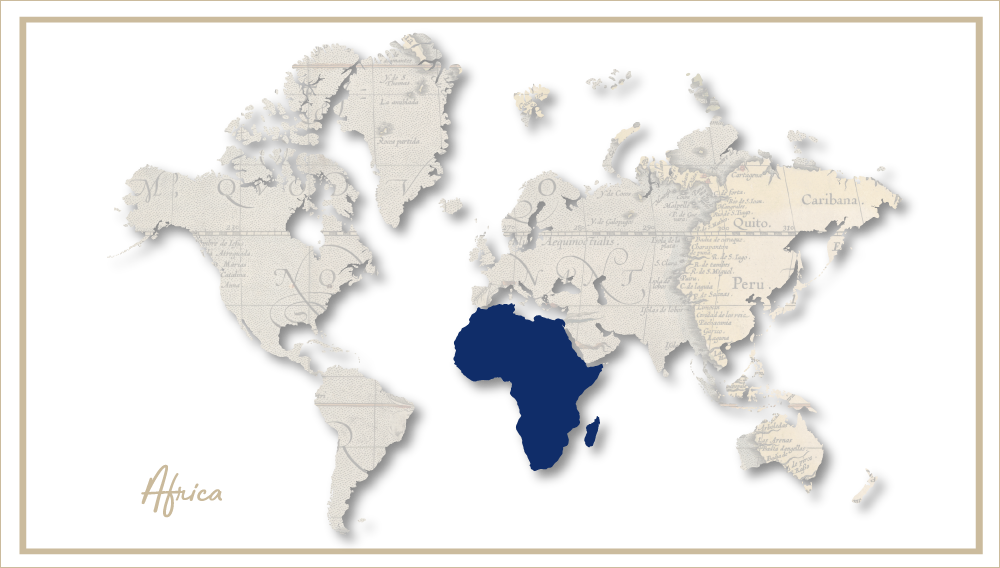Beer is good for you, but Alomo Bitters is even better
If the blogosphere is right, an alcoholic bitter by the name of Alomo has been biting into brewers' sales. Originally from Ghana, the Jägermeister-clone was only introduced into Nigeria in 2010. Yet, it posted a booming 56 percent volume growth in 2012 according to Euromonitor because the herbal bitter allegedly "promotes vitality in men". I am sure readers will get the drift.
While such virility associations would have faced a heavy handed regulatory clampdown across the majority of western markets, says Euromonitor, a market research company, Alomo Bitters is hitting all the right buttons in Nigeria where a word-of-mouth driven aura of "performance enhancement" can serve as a boon to sales.
Trouble is, Nigerian consumers like to mix Alomo Bitters with non-alcoholic beer. Therefore, sales of lagers and stout have suffered in 2012 whilst non-alcoholic beer gained, Euromonitor reported in August 2013.
As a consequence, 2012 was not a good one for the Nigerian beer category with volume growth falling to 3 percent compared to previous years when industry output rose 9 percent per annum, according to Euromonitor.
In 2012, beer production was 24 million hl according to the Barth Report, with per capita consumption reaching 11 litres.
Alomo Bitters' popularity notwithstanding, the slowdown in beer sales mainly needs to be attributed to the fuel price hike of January 2012 which heavily impacted consumer spending power as well as leading to increased prices in many outlets.
Also, ongoing "security problems in the North" – the euphemism for attacks by the insurgent Islamist terrorist outfit Boko Haram – negatively affected distribution to that part of the country.
Nonetheless, the Nigerian beer industry is likely to see increased output this year.
Nigerian Breweries led 2012 sales with a 57 percent total volume share, followed by Guinness with a 20 percent share. Heineken holds a 54.10 percent stake in Nigerian Breweries. It also owns a controlling stake in Consolidated Breweries. In August 2013, Heineken agreed to buy a 57 percent stake in Nigeria’s Champion Breweries from Consolidated Breweries.
The reorganisation in ownership will improve Consolidated Breweries’ operations by reducing excess production capacity it no longer needs. It will also rid Consolidated Breweries' from the losses accrued by Champion Breweries. Champion posted a loss after tax of USD 4.7 million for the six months through June 2013, compared with a loss of about USD 5.0 million a year earlier, it was reported.

